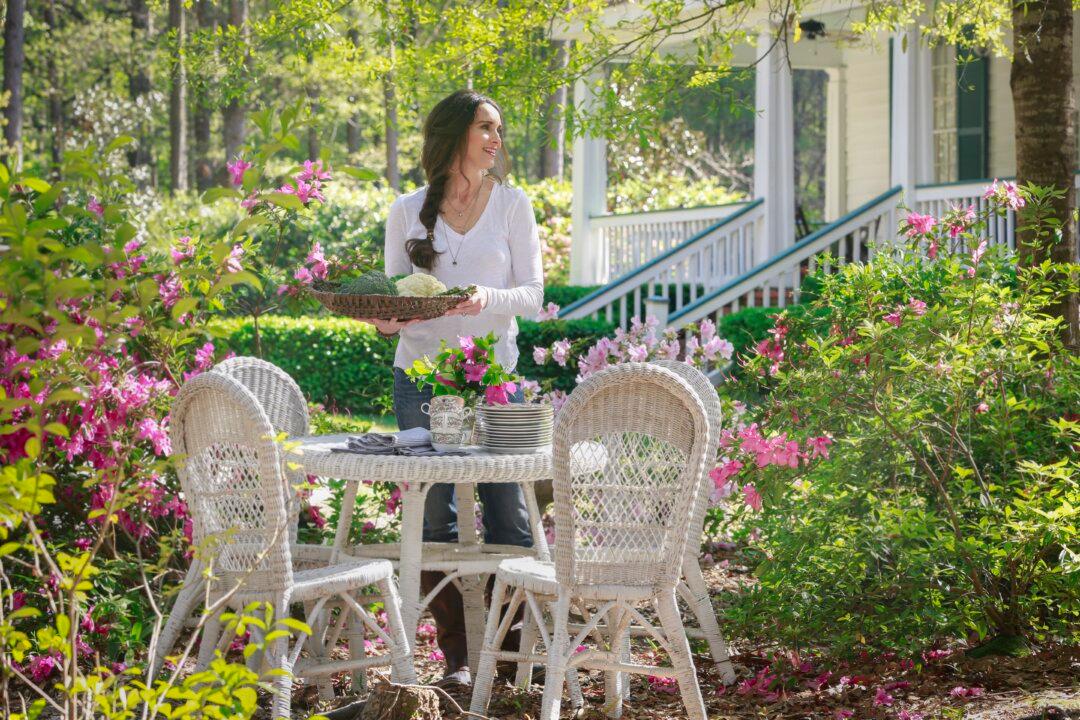“Southern hospitality” evokes images of front porches and pies resting on open window sills. For some, the concept may appear to be nothing more than a cultural stereotype.
Stacy Lyn Harris disagrees.

“Southern hospitality” evokes images of front porches and pies resting on open window sills. For some, the concept may appear to be nothing more than a cultural stereotype.